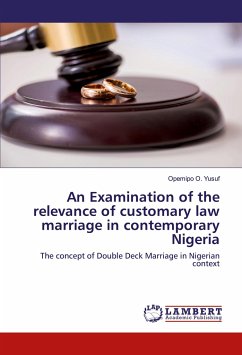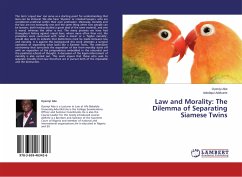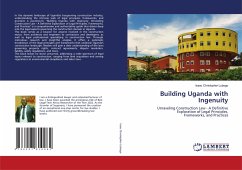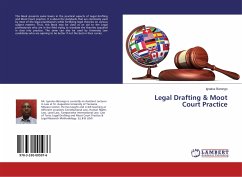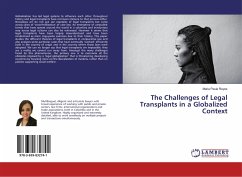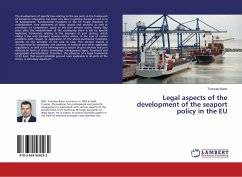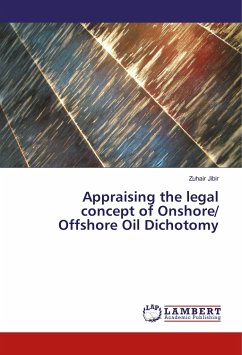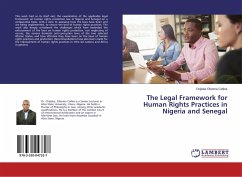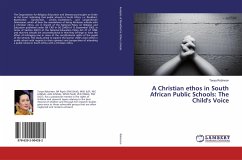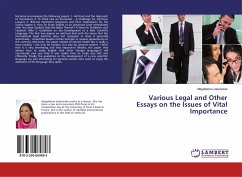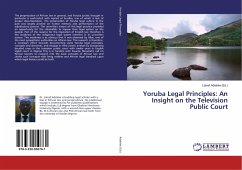
Yoruba Legal Principles: An Insight on the Television Public Court
Versandkostenfrei!
Versandfertig in 6-10 Tagen
49,99 €
inkl. MwSt.

PAYBACK Punkte
25 °P sammeln!
The perpetuation of African law in general, and Yoruba juristic thought in particular is confronted with myriad of hurdles, one of which is lack of proper documentation. The preservation of Yoruba legal culture in the past was largely pivoted on human memory and performance of the adjudicatory process. The unwritten nature of this legal practice provided an opportunity for the colonialists to impose their legal system on the people. Part of the reasons for the imposition of English law therefore is the weakness of the indigenous legal system inherent in its unwritten nature. This weakness is s...
The perpetuation of African law in general, and Yoruba juristic thought in particular is confronted with myriad of hurdles, one of which is lack of proper documentation. The preservation of Yoruba legal culture in the past was largely pivoted on human memory and performance of the adjudicatory process. The unwritten nature of this legal practice provided an opportunity for the colonialists to impose their legal system on the people. Part of the reasons for the imposition of English law therefore is the weakness of the indigenous legal system inherent in its unwritten nature. This weakness is so obvious that it was observed by Allot, one of the most sympathetic authorities on African law. This research is therefore, a necessary effort towards documenting some Yoruba legal principles, concepts and doctrines, and engage in their juristic analysis by juxtaposing decided cases in the television public court with similar ones in English styled court in Nigeria This is in tandem with Kwame Nkrumah's call on African lawyers to research into the basic concepts of African law and clothe such concepts with living realities and African legal standard upon which legal history could be built.



